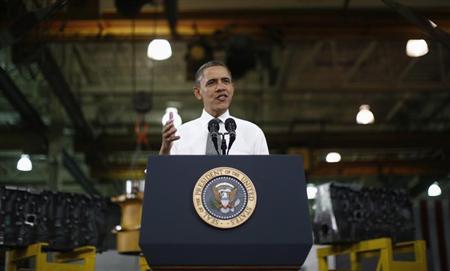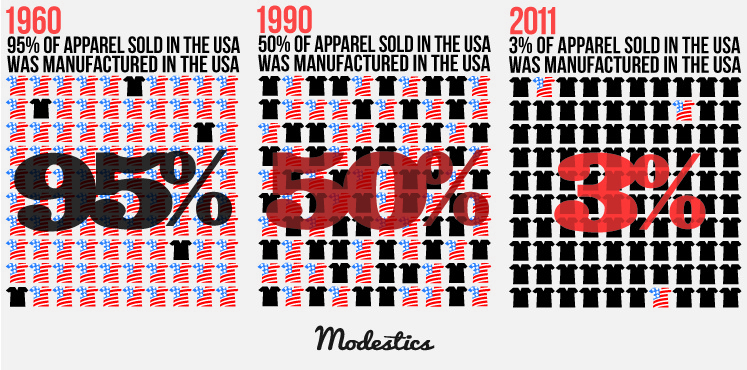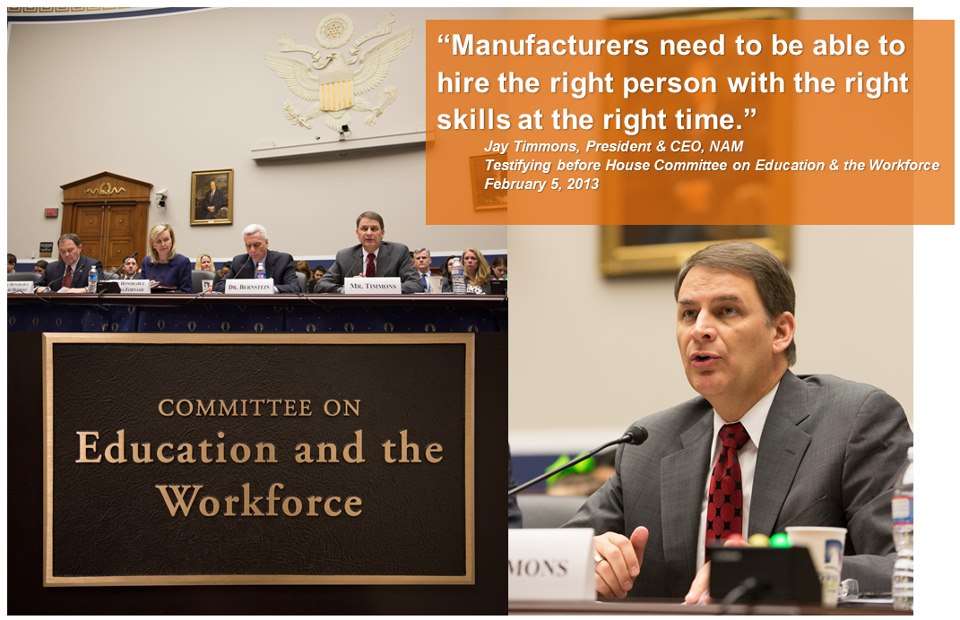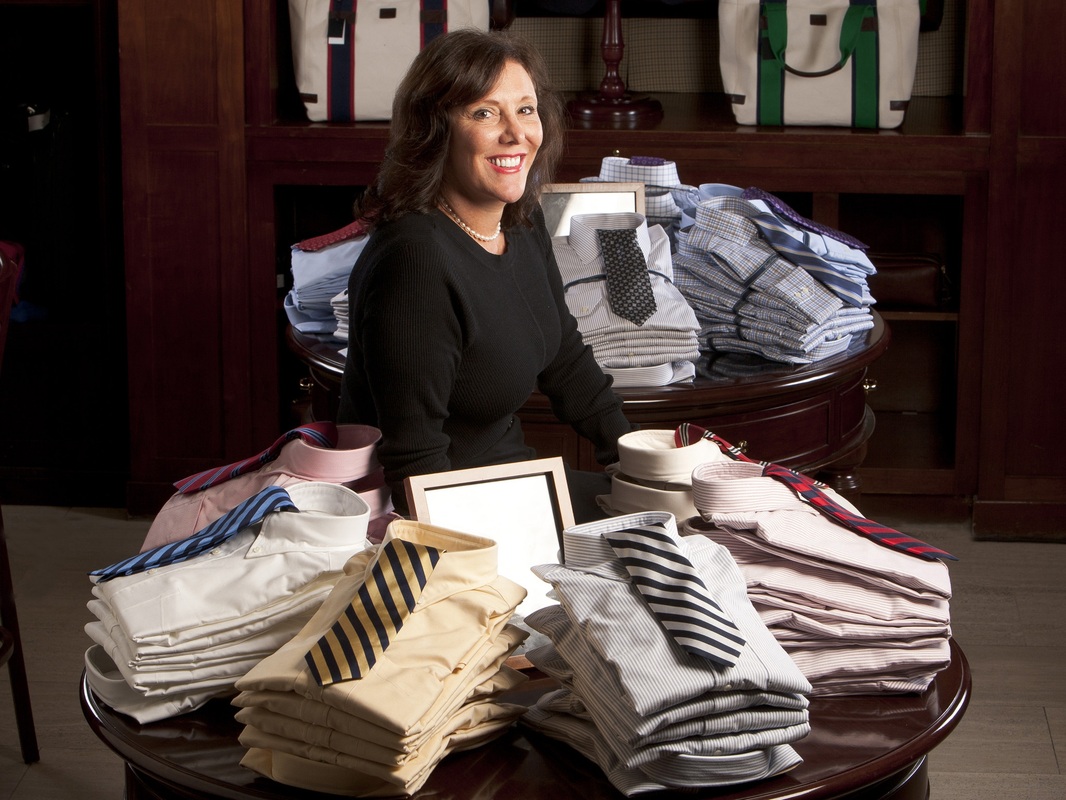The company rose to national prominence with the U.S. Olympic team uniform uproar and revelations that designer Ralph Lauren, who built an image on an all-American look, had the garments made in China. Subsequently, Lauren said he would lead a discussion about bringing clothing manufacturing back to the U.S.
The purchase of the El Paso facility, a deal sealed in the past few weeks, gives the company greater leverage. Even with the purchase, the company’s three-year-plan remains in place to build production in Arcanum, said owner Lawson Nickol.
Buying the manufacturer could mean employment for 70 people at the Texas location, and more jobs in Arcanum. “We can get more competitive,” Nickol said.
There’s room for expansion. The complex once employed 200. Nickol, who runs the online retailer with his family including son B.J. and wife Mary Ann, puts annual growth at double digits.
The future looks bright. Nickol said he has fielded inquiries from 300 companies large and small that would like to work All American products into their lineups. Because his business sells direct to the online purchaser, All American can match or beat the higher-end clothing catalogs on price.
All American is the latest success in the direct-to-consumer, made in USA, clothing segment. There’s San Francisco’s American Giant Clothing, a sweatshirt/hoodie hit that sold out over the holiday season. There’s also American Apparel, which advertises as “sweatshop free.” And old standbys like Stormy Kromer or Ironwood, Mich., have expanded from a line of wool hats to outerwear. The industry lost 80 percent of its jobs since 1990 and the companies are trying to build employment back.
At All American, about $50 gets a pair of jeans. For a couple dollars more, there’s a traditional blue jean jacket. For those who insist on clothing that’s cheaper and foreign made, Nickol responds that his competitive edge is item quality and durability. Now, it’s style, too.
His new ladies jean line has fancy retro pocket stitching and offers three different shaped jeans to match body types. The show room is intended for large order buyers and includes fitting booths. But local customers can stop by, too.
“We’ve never turned anyone away,” Nickol said. Customers still have to order online, but they can pick the product up in Arcanum to save on shipping.
Nickol sources every thread that goes into his wear from the U.S., all the way from those growing the cotton to the cut-and-sew operation. The company offers an online “traceability” system. Buyers can track the origin of the products all the way back to the U.S. cotton field and farmer.
A survey this month of 1,845 adults by www.CouponCodes4u.com, one of the leading coupon websites in the U.S., found that even among the bargain-hunting coupon crowd, a large contingent want U.S. products. When asked if they paid attention to whether goods they purchased were made and produced in the U.S., the majority, 39 percent, said that they did, while 25 percent said it depended on the product and 36 percent said they did not care where their goods were made.
When asked which items they looked for, 77 percent said American meat, 51 percent said clothes, and 39 percent said U.S.-made gadgets. Asked why they preferred to purchase U.S. products, the majority, 42 percent, said they wanted to help boost the economy any way they could.
“There is a huge market for USA made,” Nickol said.




















